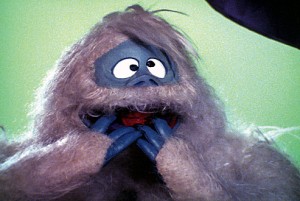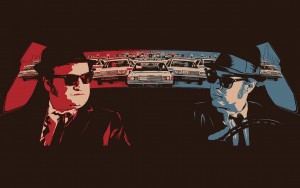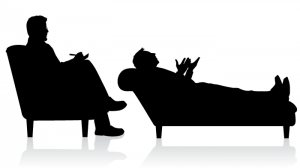Because I have a happy marriage and am not the cheating type, I thought I’d enjoy the fallout over the Ashley Madison hack, in which millions of people using the adultery site were outed. One of the outed individuals was reality TV star Josh Duggar, a self-proclaimed devout Christian who preaches the virtues of family values. Everyone likes to see hypocrites fall, right?
Mood music:
https://youtu.be/OZZ9bm_qe9w
I spent a lot of time pondering what I could write in my information security blogs. I could have harped about all the old lessons people failed to learn about how to behave in cyberspace. In the case of Ashley Madison, the lesson is that there’s no such thing as true privacy, that if you use sites like this, a determined hacker will figure out how to break in and expose you.
Then I started to feel dirty about it all.
I had been feeling morally superior to all the apparent cheaters. Once I realized where my head was going, it freaked me out a little and I felt ashamed. Why? Because I’ve done a lot of dumb things in my life, too.
Go through this blog and you’ll find plenty of examples. I’ve lied to my wife. I’ve talked crap about others behind their backs. I’ve done a lot of selfish things and hurt people along the way. I’ve been guilty of thinking I’m better than others.
With these truths in mind, I found it hard to share in the online feeding frenzy.
The Ashley Madison story is replete with casualties. Significant others are learning that they were cheated on, and site users now have to deal with their demons in a very public way. I’m not going to tell people how they should think about this story. I only know how I feel.
Ashley Madison’s slogan is “Life is short. Have an affair.” Life is short. I want to learn some things and be a better person along the way. Not engaging in hypocrisy is a step in the journey.











